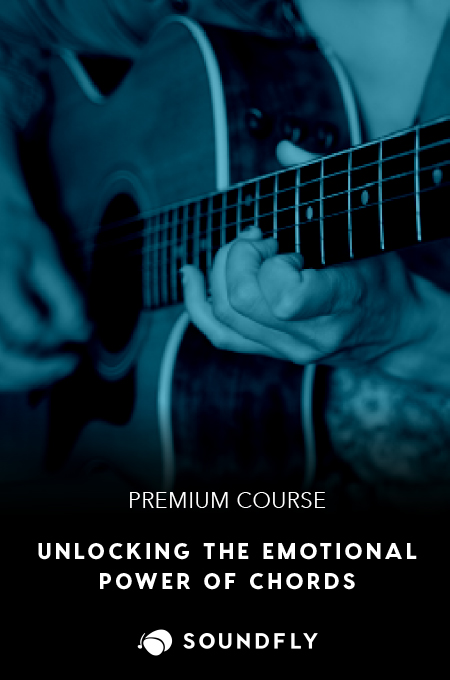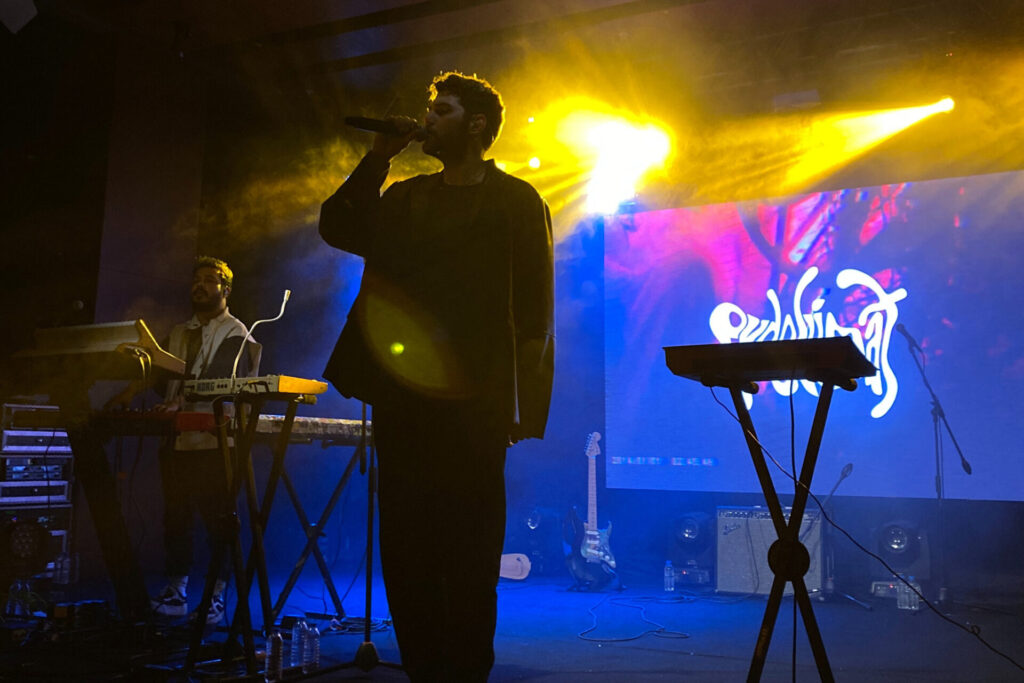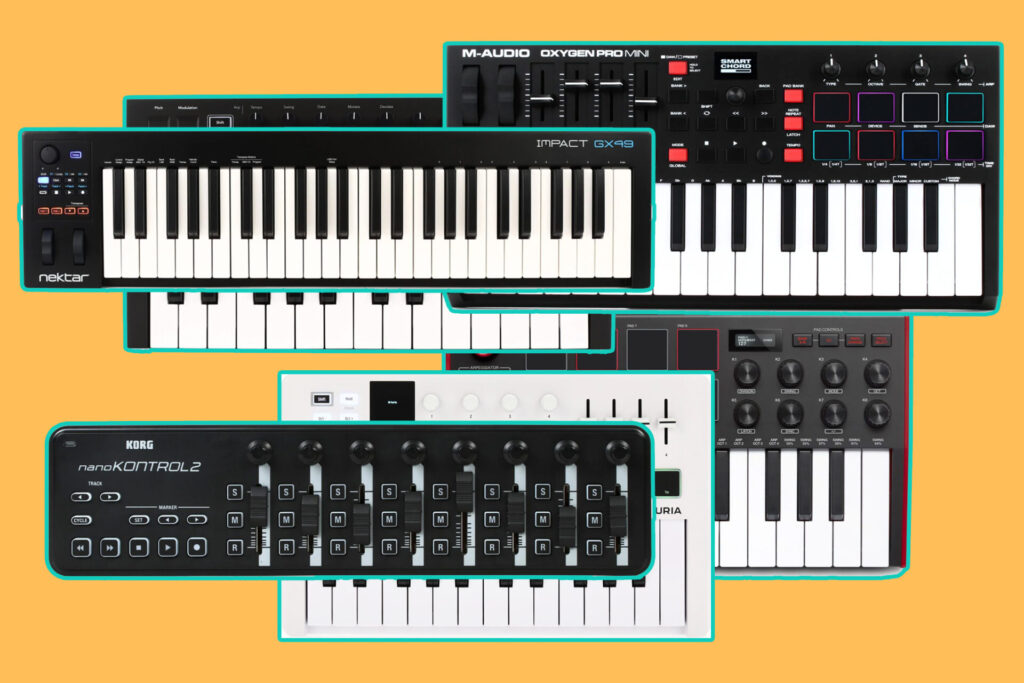
If you’ve been doing this music thing for more than a minute, you’ve probably met a few music journalists along the way or have a shortlist of writers with whom you’d love to work. You also probably have a general idea about what they do and what they expect. But there are a few things you’ve likely never considered.
I’ve been a working music journalist for six years now, and there are definitely some trade secrets that would benefit every musician. These five tidbits will prepare you to go into your next interaction with a music journalist answers a’ blazin’. Take notes!
We do our research.
Our job isn’t merely to know the ins and outs of your new record. Our job is to know what to ask you that’s new and different than any other interview out there. If we simply re-hash the same, tired answers, it not only bores our readers to death but also makes us look lazy.
One of the most frustrating things that can happen in an interview is when musicians answer a cleverly constructed set of questions with scripted, predictable lines they’ve recited in 10 other interviews. I’ve chatted with more than one artist who’s frustratingly taken my carefully researched set of questions and molded them to fit their predetermined answers. Not cool.
It’s understandable that you’d want to be prepared to answer anything, so do just that. Spend an afternoon thinking up anything and everything a journalist might ask you, and jot down some notes if you have to. You’re a creative artist, so color your answers so they sound more compelling. Just don’t rely on your stock answers — you’ll only wind up with a bland piece.
+ Read more on Flypaper: “Get Press Coverage for Your Band with These Pro Tips for Writing Promo Emails”
We’re music journalists because we love what we do.
We didn’t become writers because we thought we’d be multimillionaires. We decided to write about music because we love it, oftentimes just as much as musicians do. While it’s sometimes true that some of us are lapsed musicians ourselves, many others are just fans — plain and simple.
So if you’re releasing a record that sounds like it ripped off Sgt. Pepper’s Lonely Hearts Club Band, we’re going to be able to tell. Likewise, if you drop an obscure music reference in an interview, we’ll probably also get that (or we’ll fact-check it later).
The next time you meet a music journalist, know you’re in good company. They’re not only a boon for your career but also a fellow fan with whom you should feel comfortable nerding out about music.
We’re genuinely excited to talk to you.
If we’ve pitched an interview with you, we really like you and your music. Reviews are easier to knock out; after all, we only need to rely on ourselves to get them done. If we’re invested enough to request an interview, there’s something special about you that we like beyond our journalistic sensibilities. In fact, we’re probably already fans.
Don’t treat another chat with a writer from a teeny-tiny indie music blog as a waste of time. Chances are, that person has been obsessively playing your new single over and over and has been agonizing over his or her list of questions. Get excited to talk to these writers, because they’re probably super stoked to talk to you.
Likewise, if you’ve been granted an interview as a result of sending a press release, the same applies. Here’s a short, helpful video of Marketing Director Dustin Nelson explaining some dos and don’ts of drafting and sending a press release to a venue or journalist, courtesy of our free course Touring on a Shoestring.
We do our best for you, to make ourselves look good.
While some writers live and die by “yellow journalism” (see: tabloids, Perez Hilton, etc.), most of the time, music journalists aren’t out to make you look bad. What would we gain by writing a scathing article about an up-and-coming musician? It’s much more fulfilling to write a brag piece that makes both the artist and ourselves look good.
Don’t underestimate the favor you’re doing for us. Sure, we’re giving you publicity and content to share across your socials, but you’re also (hopefully) giving us something great to use in our portfolios and adding more credence to our “music journalist” title. Thank you!
+ Read more on Flypaper: “How to Send a Killer Email to Anyone in the Music Industry”
We have lives.
So far, everything’s been rosy and lovely and “Kumbaya” around a firepit, but let’s get real for a moment. When you email us over and over again about the status of the review of your EP or the status of the Q&A we did with you, it only annoys us and slowly chips away at any warm fuzzies we had for you and your music.
When pieces don’t publish on time, it’s probably either a site issue, a delay in writing the piece (particularly if you gave a rather long interview — transcribing is a time suck!), or our editor has pushed back our article on the schedule. In any case, nothing is ruder than an email demanding to know when something is going live.
Instead, politely follow up and see if there’s anything else you can send us for the article. We’ll more than likely give you a status update when we reply. The bottom line is that our entire lives and careers don’t revolve around this one review or feature. We juggle a lot of assignments and gigs (we tend to be freelancers), and we listen to tons and tons of records, so a little patience will get you everywhere.

It’s tempting to view music journalists as simply a conduit to get the word out about your music, but instead, try to treat us like, well, people. Make sure you’re as prepared as we are and that you put in the effort to give us a great interview and are appreciative for a review of your album. A little kindness and levity goes a long way.
—
 Allison Johnelle Boron is a Los Angeles-based writer and editor. Her work has appeared in Goldmine magazine, Paste, and more. She is the founder of REBEAT, a “blogazine” focused on mid-century music, culture, and lifestyle.
Allison Johnelle Boron is a Los Angeles-based writer and editor. Her work has appeared in Goldmine magazine, Paste, and more. She is the founder of REBEAT, a “blogazine” focused on mid-century music, culture, and lifestyle.



